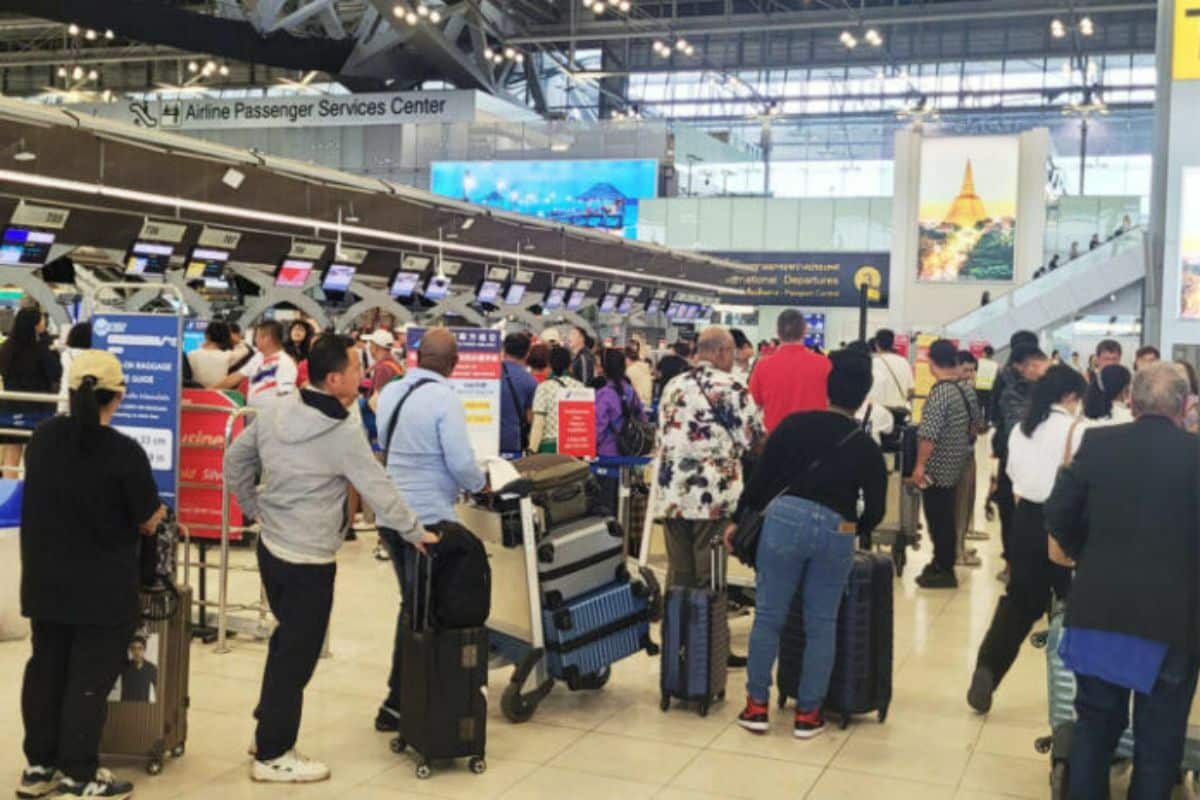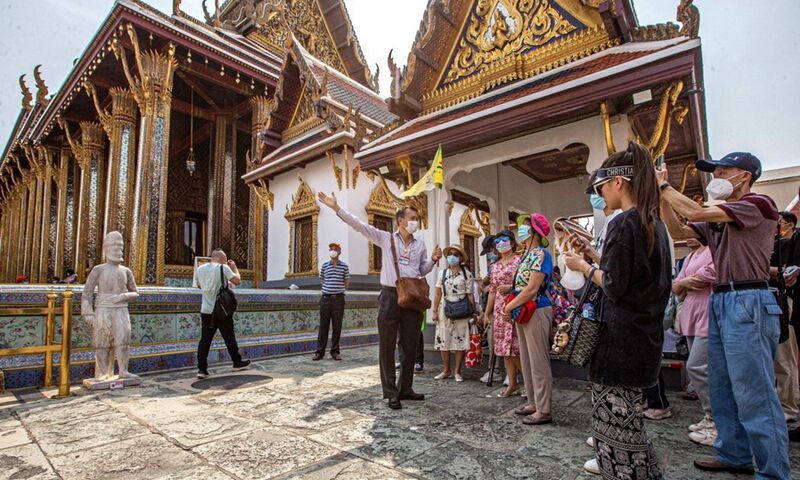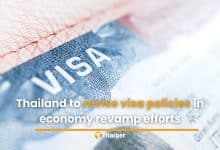Thailand’s visa-free scheme under scrutiny for overstays

Prime Minister Paetongtarn Shinawatra has raised serious concerns about the misuse of Thailand’s visa-free entry scheme, following a noticeable increase in visa overstays, illegal employment, and other breaches of the programme.
The scheme, which allows eligible foreign nationals to stay in Thailand for up to 90 days without a visa, has been a cornerstone of the country’s tourism success. However, recent developments are forcing the government to reassess the programme’s effectiveness and security implications.
At the Cabinet meeting yesterday, April 22, the 38 year old prime minister tasked the Ministry of Foreign Affairs, Ministry of Interior, and the Ministry of Tourism and Sports with reviewing the impact of the visa-free entry scheme on national security, tourism management, and labour regulations.
“We need to ensure that this programme continues to promote tourism while also maintaining legal compliance and national security,” said Paetongtarn.

While the scheme has significantly contributed to Thailand’s thriving tourism sector, it has also raised concerns about foreign nationals overstaying their visas and engaging in unauthorised employment.
The government has have reported an increasing number of people remaining in the country beyond the allowed 90 days (60 days with a possible extension of 90 days), with some taking up jobs without the necessary work permits. This has led to growing concerns over labour market imbalances, illegal activities, and security risks.
The government is now considering adjustments to the programme, including a potential reduction in the maximum stay period, in a bid to strike a balance between supporting tourism and ensuring proper immigration control.
Despite these challenges, the visa-free entry scheme has proven to be a major economic boon. It has helped to drive growth in sectors such as hospitality, retail, transportation, and entertainment, while attracting digital nomads and remote workers who contribute to local economies.
“While the programme has benefited Thailand in many ways, it is essential to address the risks that come with long-term stays and non-compliance,” said Paetongtarn.
The Thai PM acknowledged that these issues not only strain public services such as healthcare and infrastructure but also jeopardise the employment opportunities of local workers, reported Pattaya Mail.

In light of these concerns, the government is exploring potential revisions to the visa-free entry scheme. Stricter checks on visa compliance and better regulation of the labour market may be necessary to ensure that the benefits of increased tourism are not overshadowed by the risks of misuse.
The proposed changes could ensure that Thailand continues to be a top destination for travellers while safeguarding the interests of its citizens.
Latest Thailand News
Follow The Thaiger on Google News:


























